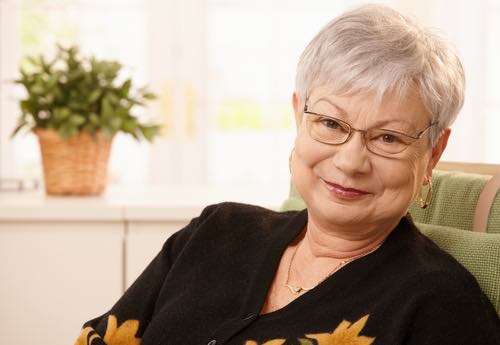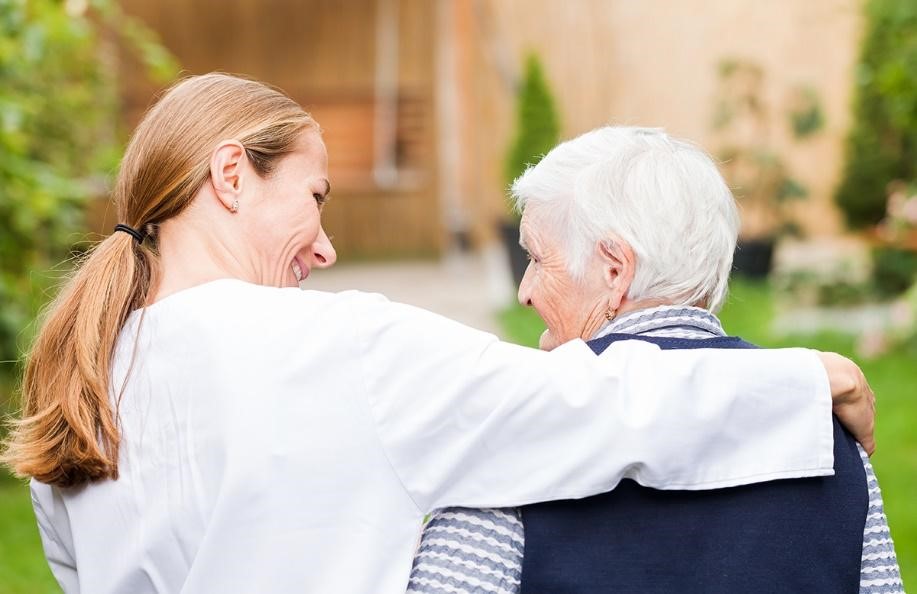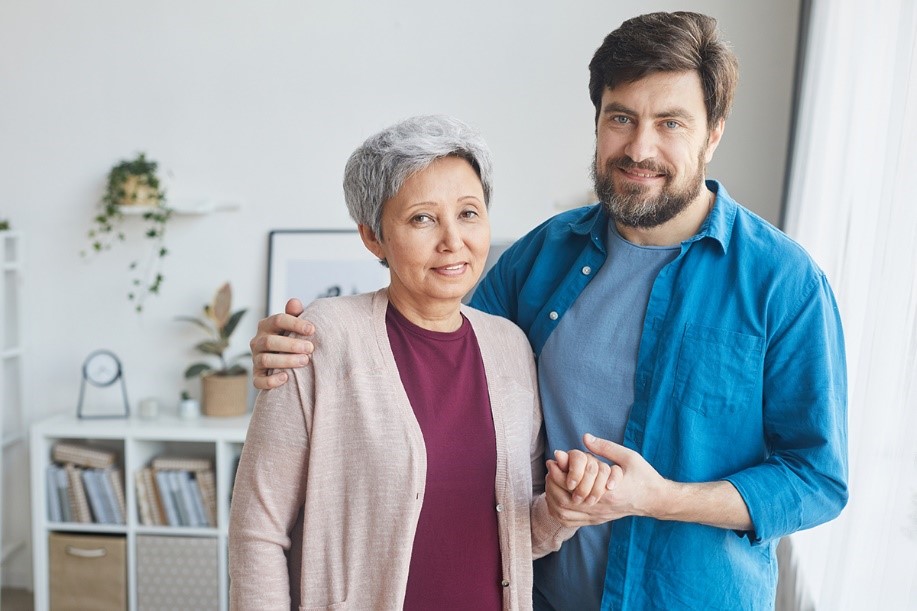Did you know that January is glaucoma awareness month? Glaucoma is a serious condition that can cause blindness if left untreated, and the risk of experiencing it increases as people age. Because vision loss due to glaucoma can’t be recovered, it’s vital that you know how to take proactive steps to identify the condition early, especially if you have a parent over the age of 65 or if glaucoma runs in your family.
What Is Glaucoma?

-
Open-angle glaucoma – This is the most common form of the disease, and it develops very slowly over time. Most people don’t notice any symptoms until they experience irreversible vision loss. It is known as open-angle glaucoma because the angle between the cornea and the iris remains open, but normal drainage in the eye is blocked causing a buildup of fluid.
-
Angle-closure glaucoma – In angle-closure glaucoma, a bulge in the iris causes the angle between the cornea and the iris to become blocked, inhibiting drainage in the eye. This can happen either suddenly (acute) or gradually (chronic).
What Glaucoma Symptoms Should You Watch For?
Because the most common types of glaucoma occur gradually over time, your mom or dad may not notice symptoms until the disease is well advanced and they have already experienced some vision loss. That’s why it’s important to know the risk factors and to take proactive steps to identify the disease early, before damage has occurred. Risk factors for open-angle glaucoma include:
-
Being over age 40
-
Having a family history of glaucoma
-
Having diabetes, heart disease, high blood pressure, or sickle cell anemia
-
Being very near-sighted or far-sighted
-
Having experienced an eye injury
-
Using steroid medications long-term
-
Experiencing thinning of the optic nerve
How Can You Treat and Prevent Glaucoma?

-
Know the warning signs. If your loved one has one or more of the risk factors listed above, talk to their eye doctor about the possibility of glaucoma.
-
Schedule regular eye exams. The American Academy of Ophthalmology recommends that seniors over age 65 have an eye exam every one to two years. During the exam, the doctor will check for elevated pressure in the eye using a quick puff of air or by applying a pressure-sensitive instrument near the eye. Eye drops may be used to numb the area and make this test more comfortable. The doctor will also test peripheral vision, inspect the eye’s drainage angle, measure the thickness of the cornea, and examine the optic nerve for damage. The exam will also test for other common conditions such as cataracts, corneal scratches, or damage to the retina.
-
Follow the treatment plan. If your loved one is diagnosed with glaucoma, he or she will likely be prescribed eye drops to reduce the risk of damage to the nerve. Be sure your mom or dad applies these drops regularly, even if no symptoms are present. They can drastically reduce the risk of experiencing vision loss.
-
Exercise regularly. There is some evidence that regular exercise may reduce the risk of glaucoma in the elderly. Exercise has many additional benefits for elderly people as well, including preventing muscle weakness and increasing energy levels. Encourage your family member to talk to their primary care physician about a regular, safe exercise program.
The most important thing you can do to prevent or treat glaucoma is to be sure your elderly loved one sees an eye doctor regular. Talk to your mom or dad ahead of time and be sure they know what to expect, and offer to go with them if they show any hesitation or reluctance about the process. If your loved one has already experienced some vision loss due to glaucoma or other eye conditions, you may want to consider seeking out in-home assistance to help them with activities of daily living that have become more challenging. Left untreated, glaucoma can cause debilitating vision loss, but if you catch it early, you can ensure that your loved one enjoys healthy vision for many years to come.
{{cta(‘004c753b-1102-4902-8dbd-81225424a3b3′,’justifycenter’)}}






